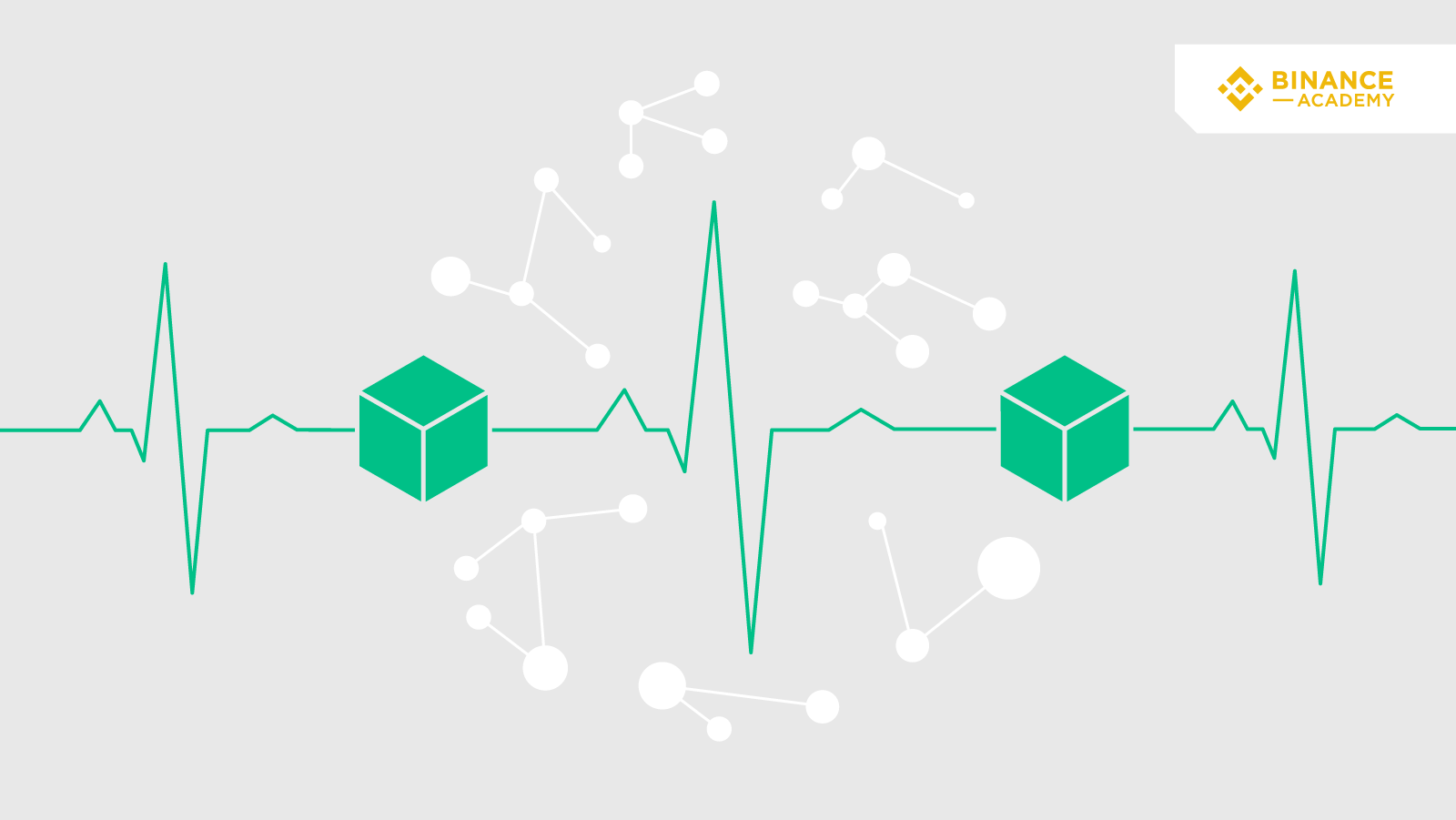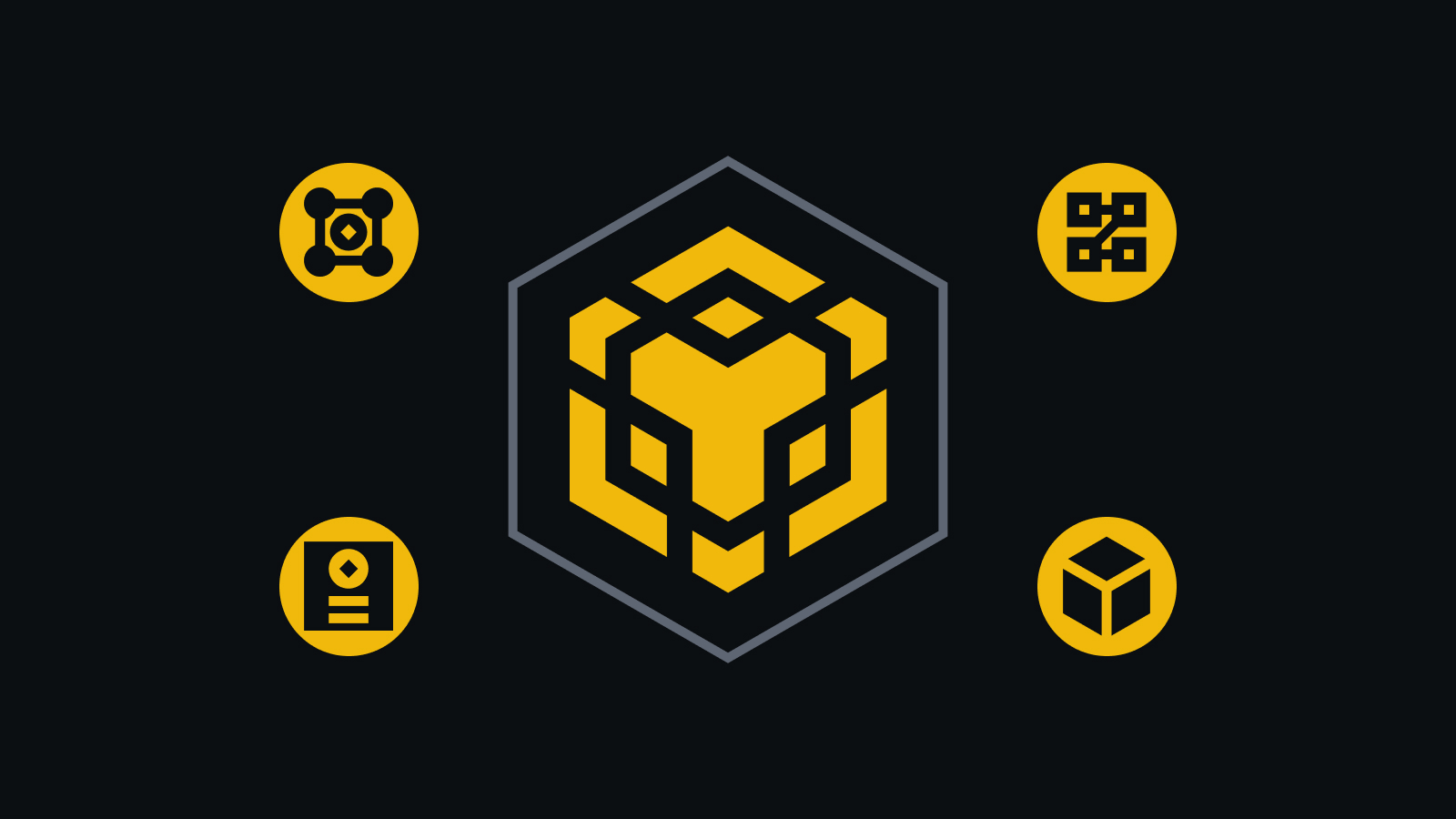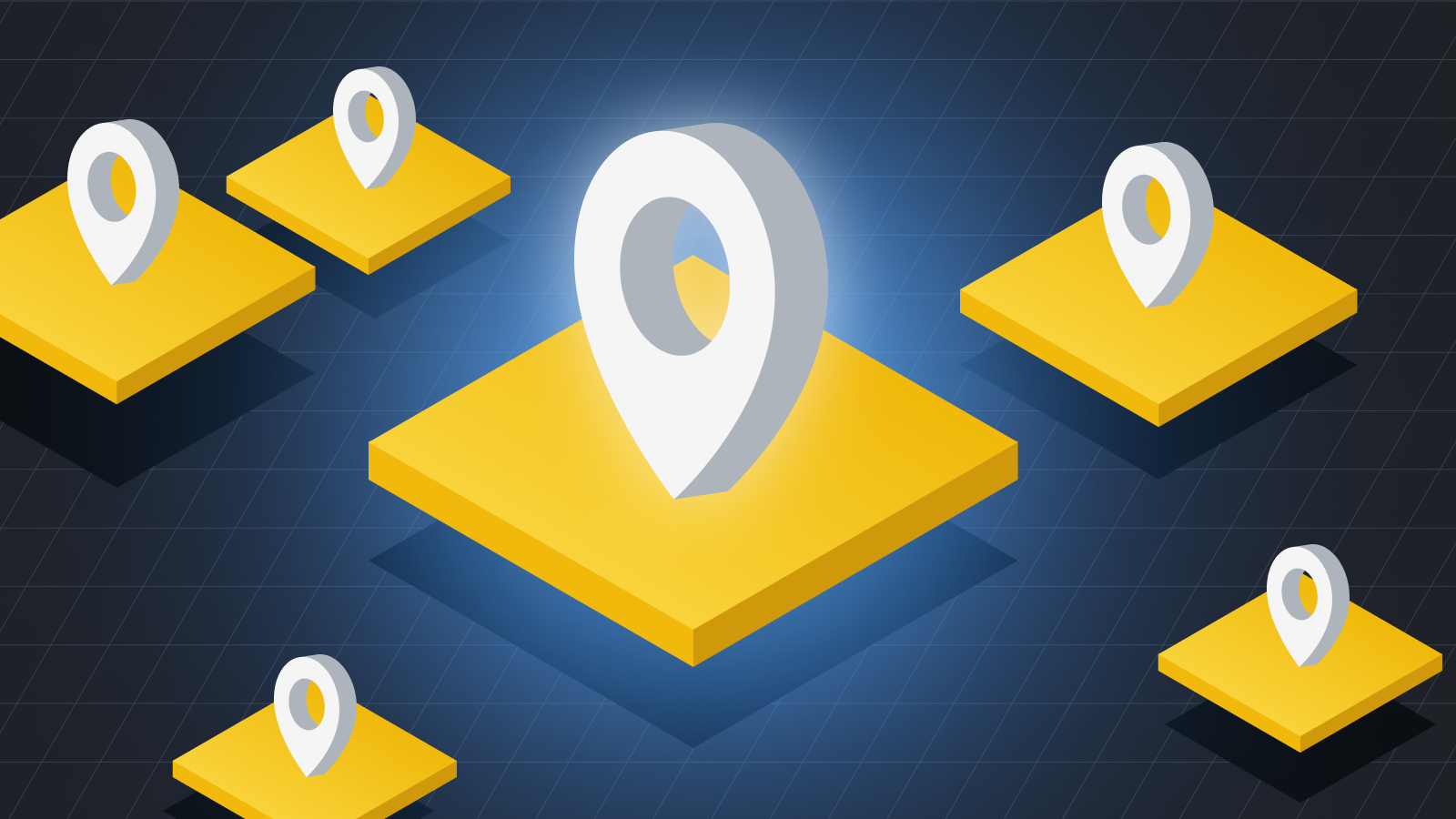The benefits of using blockchain in healthcare
It is worth mentioning that blockchains are distributed but not always decentralized (in terms of governance). Decentralization is not a binary thing, so depending on how nodes are distributed and on the overall architecture, distributed systems may present variable degrees of decentralization. In the context of healthcare, blockchains are usually built as a private network, as opposed to the public ones that are typically used as cryptocurrency ledgers. While anyone can join and contribute to the development of a public blockchain, private versions require permission and are managed by a smaller number of nodes.
Potential advantages
Increased security
As mentioned, one of the most important use cases of blockchains in the healthcare industry is leveraging the technology to create a secure and unified peer-to-peer (distributed) database. Thanks to blockchains’ immutability, data corruption should no longer be a concern. The blockchain technology can be used to effectively register and track the medical data of thousands of patients.
Interoperability
Another advantage of blockchain-based medical records is their ability to enhance interoperability among clinics, hospitals, and other health service providers. Technological differences in data storage systems often make it difficult for organizations to share documents. Blockchains, however, can solve this problem by allowing authorized parties to access a unified database of patient files or even medicine distribution records. So rather than attempting to interface with each others' internal storage, service providers can work together on a single one.
Accessibility and transparency
In addition to simplifying the process of record sharing, blockchain systems may also give patients increased levels of accessibility and transparency over their own health information. In some circumstances, requesting for the validation of changes made to patients’ documents can ensure the accuracy of the records, and if employed properly, this kind of verification can provide an extra layer of security against both human error and intentional falsifications.
Reliable supply chain management
Blockchains can provide a reliable method for tracking pharmaceuticals through the entire manufacturing and distribution process, thus cutting down on the widespread problem of drug counterfeiting. In conjunction with IoT devices used to measure factors such as temperature, blockchain technology could also be used to verify proper storage and shipping conditions or to authenticate drug quality.
Insurance fraud protection
Blockchain could also be used to combat medical insurance fraud, a problem which is estimated to cost the American healthcare system around $68 billion each year. Immutable records stored on blockchains and shared with an insurance provider can prevent some of the most common types of fraud, including billing for procedures that never took place and charging for unnecessary services.
Clinical trials recruiting
Another use of blockchain in healthcare is to improve the quality and effectiveness of clinical trials. Medical data on blockchains could be used by trial recruiters to identify patients who could benefit from the drugs being tested. Such a recruitment system could greatly improve clinical trial enrollment, as many patients are never made aware of relevant drug trials and therefore are never given an opportunity to participate in them. While trials are conducted, blockchains can be used to ensure the integrity of the data being collected.
Potential limitations
Although it offers many advantages to both patients and providers, blockchain still has some obstacles to overcome before it eventually reaches widespread adoption in the medical sector.
Compliance
Taking the US as an example, healthcare companies that are interested in adopting blockchain technology are required to comply with existing data regulations, such as the Health Insurance Portability and Accountability Act of 1996 (HIPAA). Basically speaking, HIPAA outlines standards for data storage, sharing, and protection in the healthcare sector. So in order to be fully compliant, US-based companies would need to deploy customized blockchain record systems, with increased privacy features and limited accessibility.
Initial costs and speed
On the provider end, blockchain solutions are likely to involve a high initial investment, a fact that certainly prevents wider adoption. In addition, distributed systems tend to be significantly slower than centralized ones in terms of transactions per second. A big blockchain network, with numerous nodes, would probably need more time to transmit and synchronize data when compared to centralized systems. This is especially concerning for huge databases that would eventually need to store and track information of millions of patients. The problem would be even worse for large sized image files, such as computed tomography or MRI scans.
Closing thoughts
From creating and sharing immutable medical records to increasing transparency in the pharmaceutical supply chain, blockchain networks have several promising use cases in the healthcare sector. Though there are some technical, logistical, and regulatory challenges, the implementation of these systems will likely play a significant role in the future of medical data storage and transfer.



